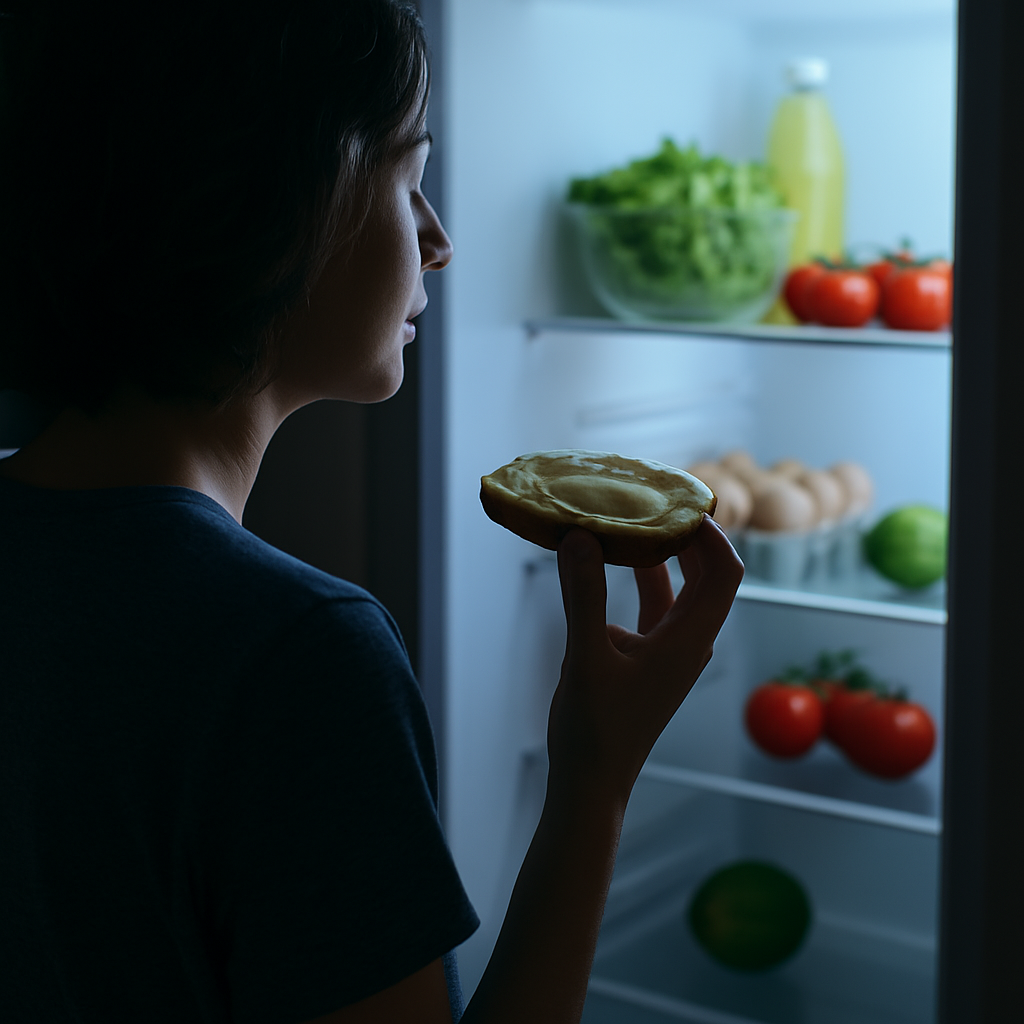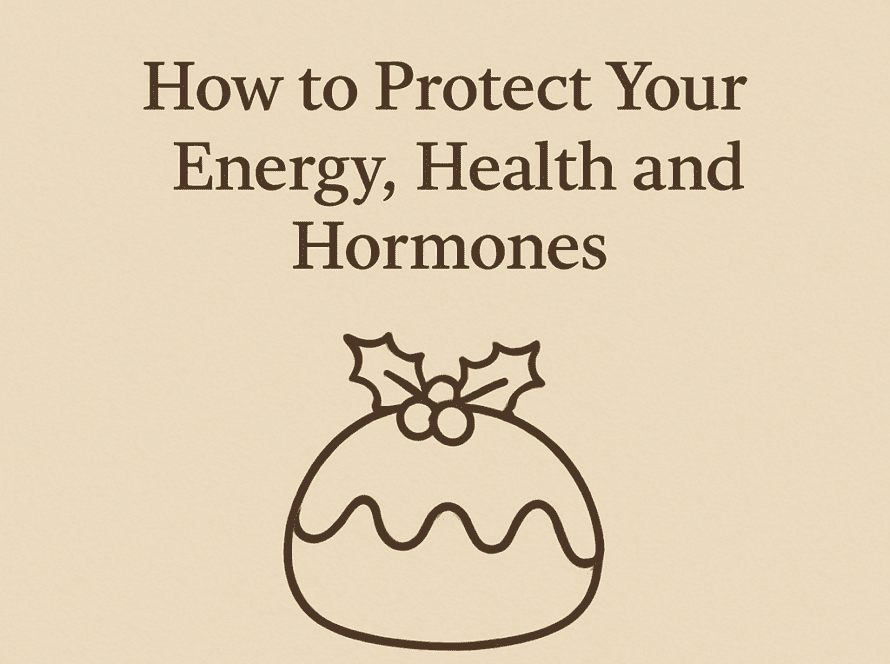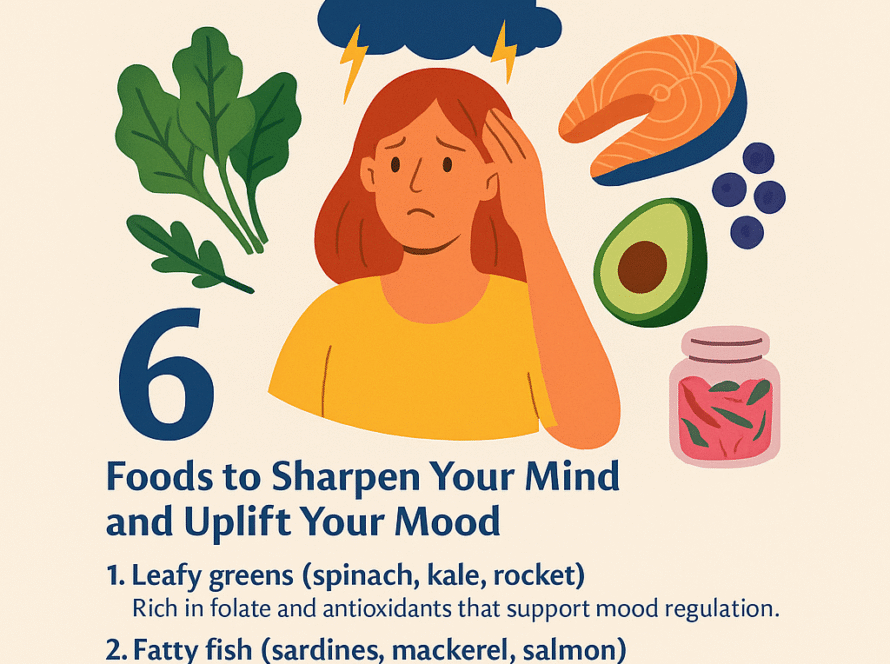It’s 10:30 PM, and you’re staring at the fridge. A handful of grapes? A slice of toast? Maybe something sweet?
We’ve all been there. But what actually happens inside your body when you regularly eat late at night?
Your Body Has a Natural Clock
Your body runs on a 24-hour internal clock called the circadian rhythm. It governs everything from hormone release and body temperature to digestion and metabolism. During the day, your body is primed to digest food efficiently. But by night, especially after 8 PM, your digestive system starts to slow down.
This means that eating late can disrupt that natural rhythm—leading to poor digestion, weight gain, and even hormonal imbalances.
It Affects Your Sleep
Late-night meals, especially heavy or high-sugar ones, can spike your blood sugar and cortisol levels—making it harder to fall asleep or stay asleep. And if you’re not sleeping well, you’re more likely to reach for unhealthy foods the next day.
Weight Gain and Metabolism
Several studies show a link between late-night eating and weight gain. Why? Because eating when your metabolism is slowing down means those calories are more likely to be stored as fat, not burned for energy.
Also, insulin sensitivity drops in the evening, which means your body isn’t as efficient at processing sugar. Over time, this can contribute to insulin resistance and an increased risk of type 2 diabetes.
Gut Health Matters
Your gut needs rest too. Night-time snacking can interfere with the natural “cleaning cycle” of your digestive system. This may lead to bloating, sluggish digestion, and a disrupted gut microbiome.
So, What Can You Do?
- Set a cut-off time for food—ideally 7–8 PM
- Eat a balanced evening meal with protein, fibre, and healthy fats to keep you fuller for longer
- Drink water or herbal tea if you think you’re hungry—sometimes it’s dehydration
- If you really need to snack, choose something light like a banana, a few almonds, or a spoon of yoghurt
Final Thoughts
Eating late at night doesn’t just impact your waistline—it affects your sleep, energy, digestion, and overall health. The good news is that small changes, like finishing dinner earlier and prepping a satisfying evening meal, can make a big difference.
Your body thrives on rhythm and balance. Let’s give it what it needs.
To your health,
Blue Zone Nutrition




